Fifty miles off the coast of the port city Cartagena in Colombia, the island of Santa Cruz del Islote exists as a mostly self-sustaining human ecosystem built on fishing. With a population of roughly 1,200 living on just three acres, it’s thought to be the most densely populated island on Earth. While its inhabitants proudly describe the island as ‘one tight family’ where ‘what belongs to one person belongs to everybody’, living there isn’t without increasing difficulties: competition over local fisheries is pressuring many residents to seek opportunities on Colombia’s mainland, where Santa Cruz del Islote natives tend to struggle to adapt.
The joys and struggles of living on the world’s most crowded island
Director: Luke Lorentzen
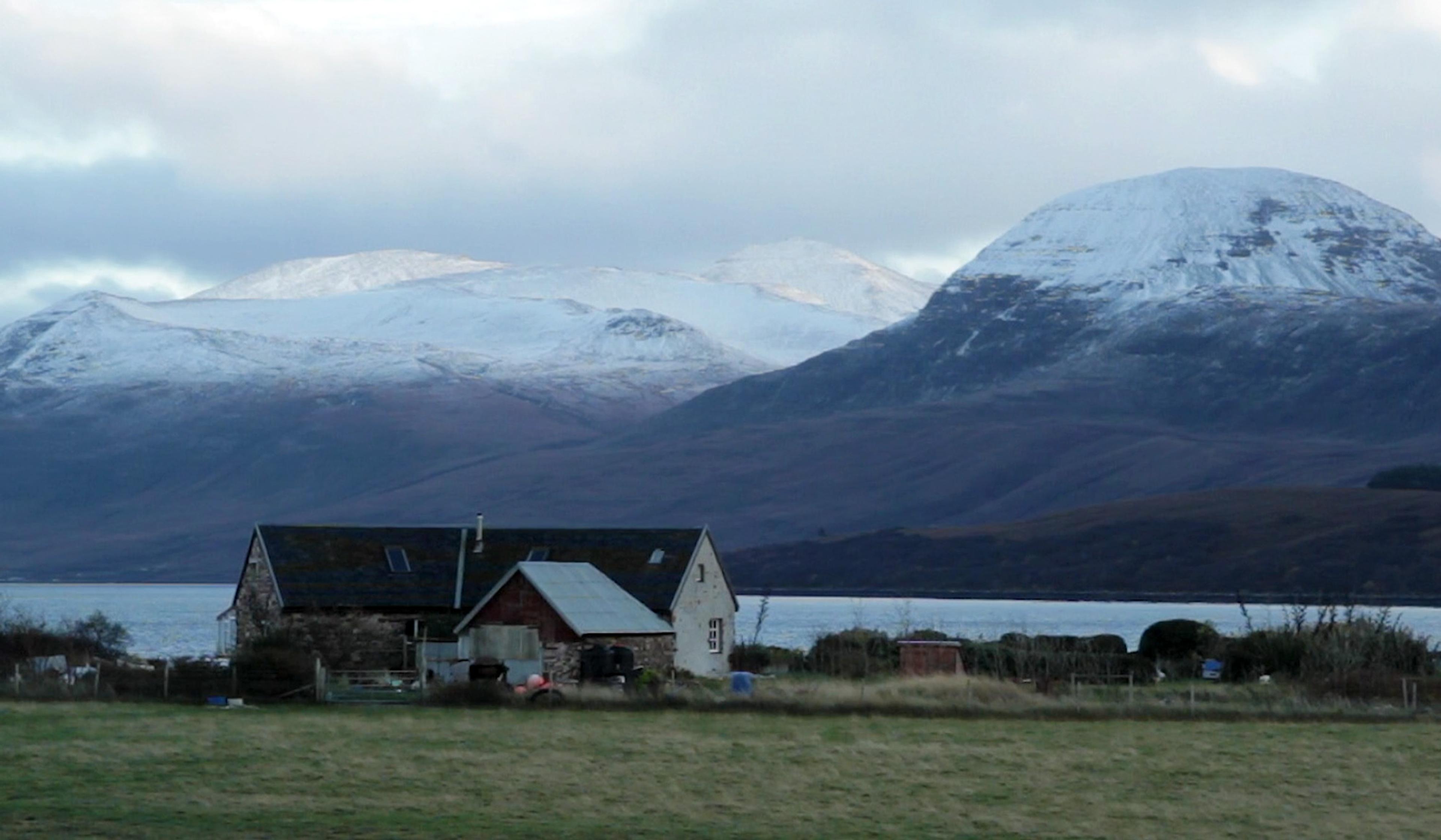
videoHome
Eccentrics, artists and Luddites find community on a remote Scottish peninsula
26 minutes
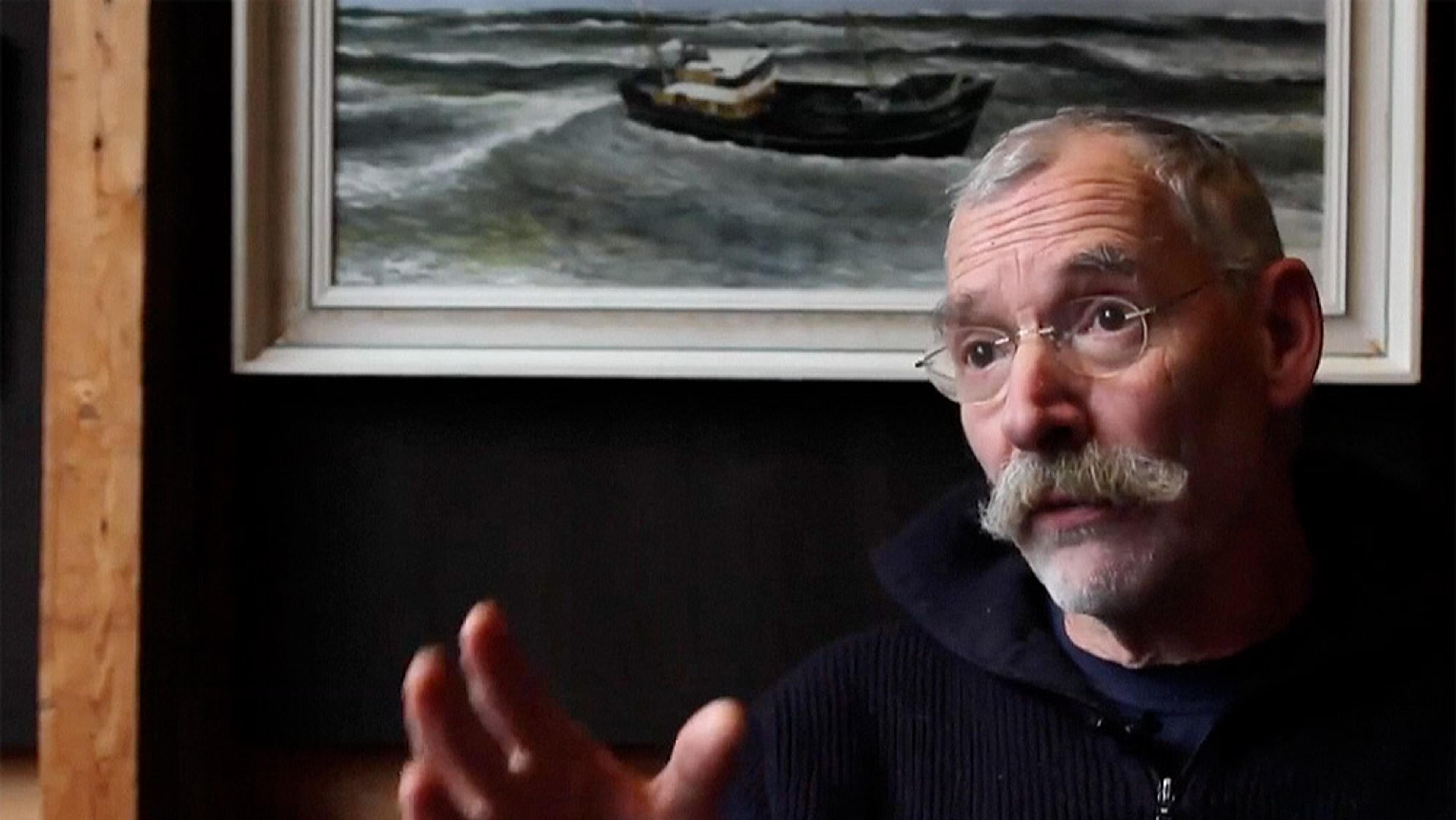
videoThe environment
Where others see trash, the beachcombers of remote Texel island find treasure
14 minutes
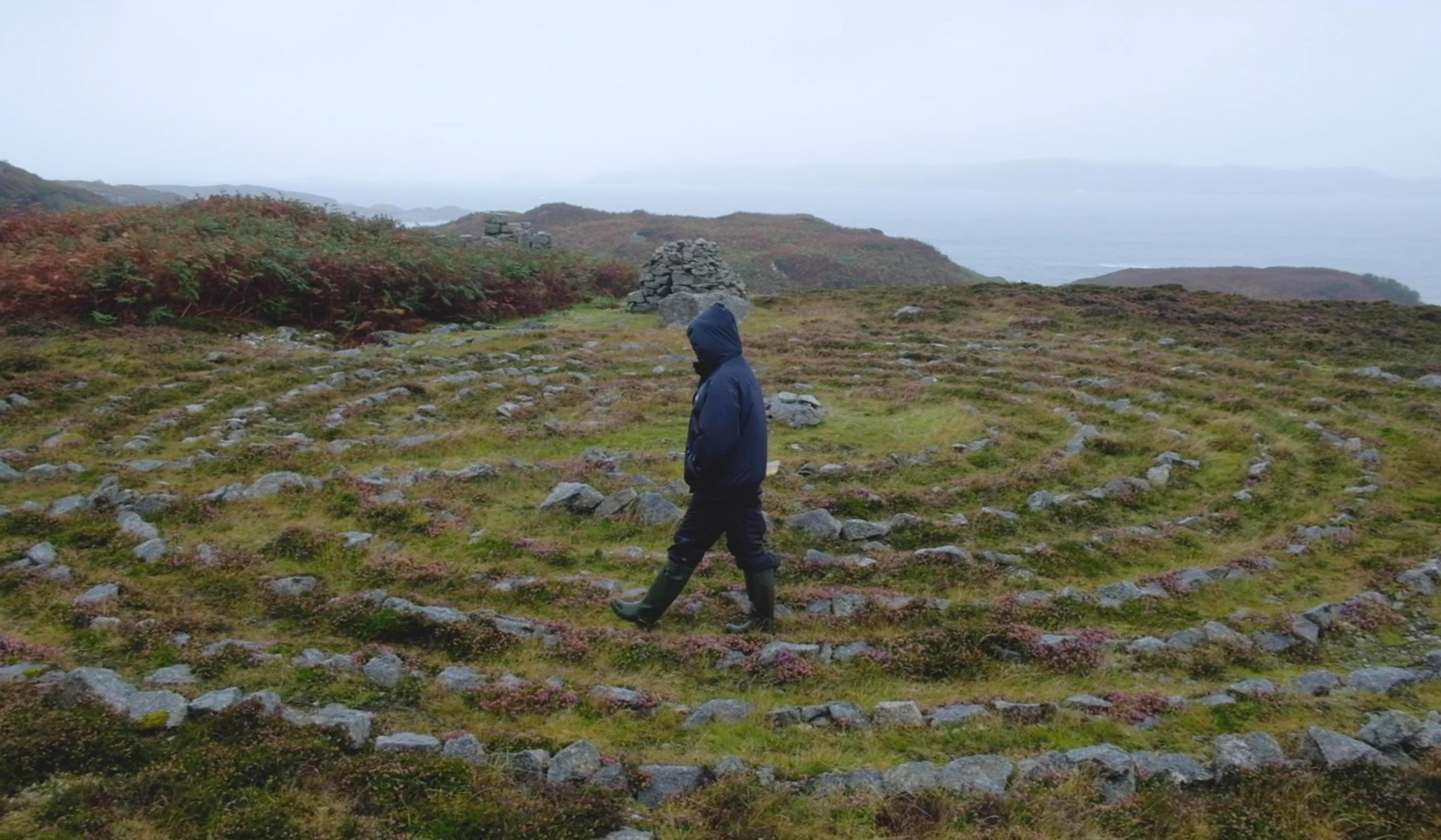
videoSubcultures
Living off-grid on a remote Scottish island is a mix of rejection and acceptance
13 minutes
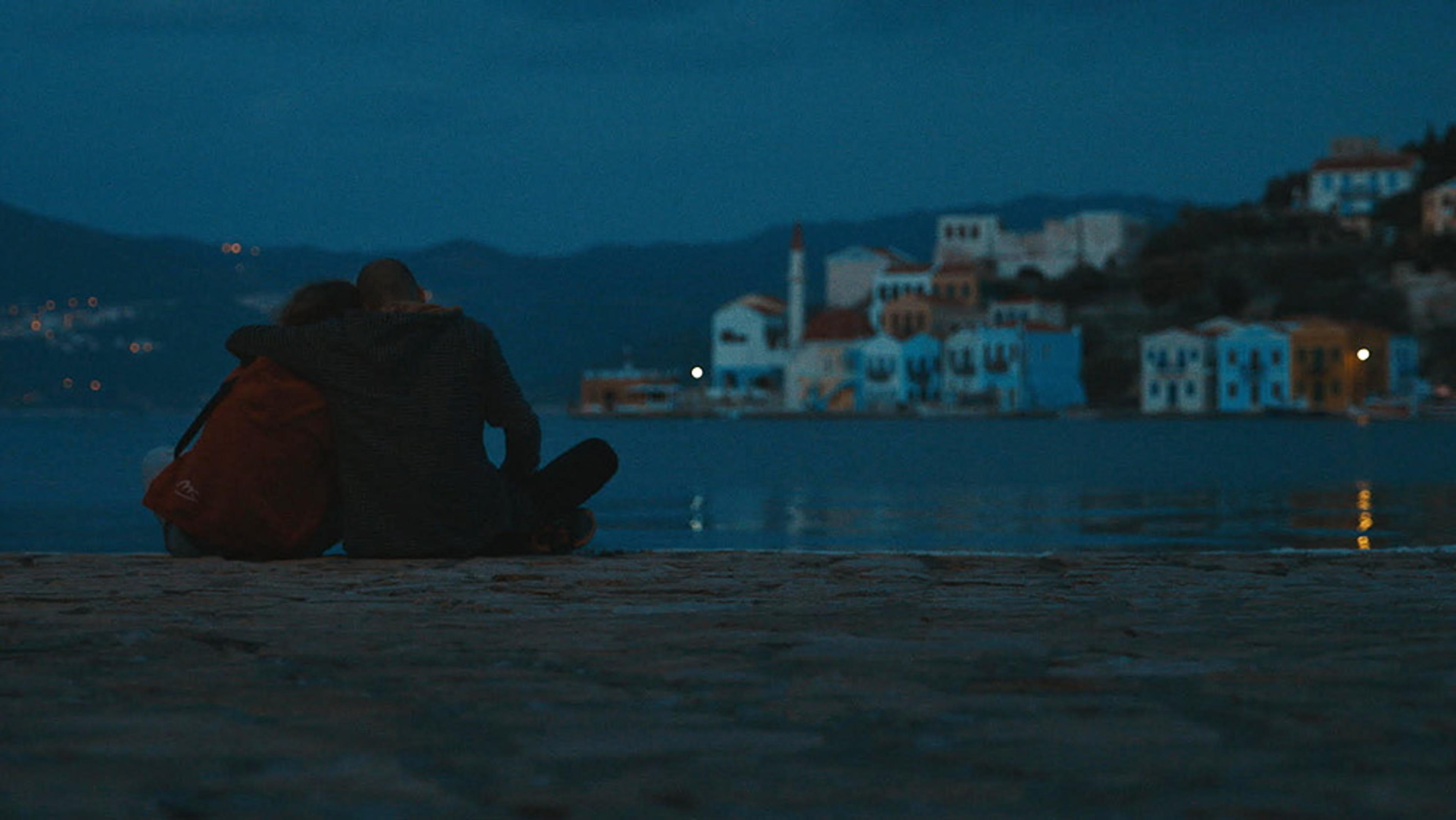
videoDemography and migration
What happens when refugees start to outnumber residents on a small tourist island
28 minutes

videoSubcultures
The cast of ‘misfit toys’ who keep life on an idyllic tourist island afloat
7 minutes

videoDemography and migration
The island where 50 million crabs roam free and refugees are trapped in limbo
21 minutes
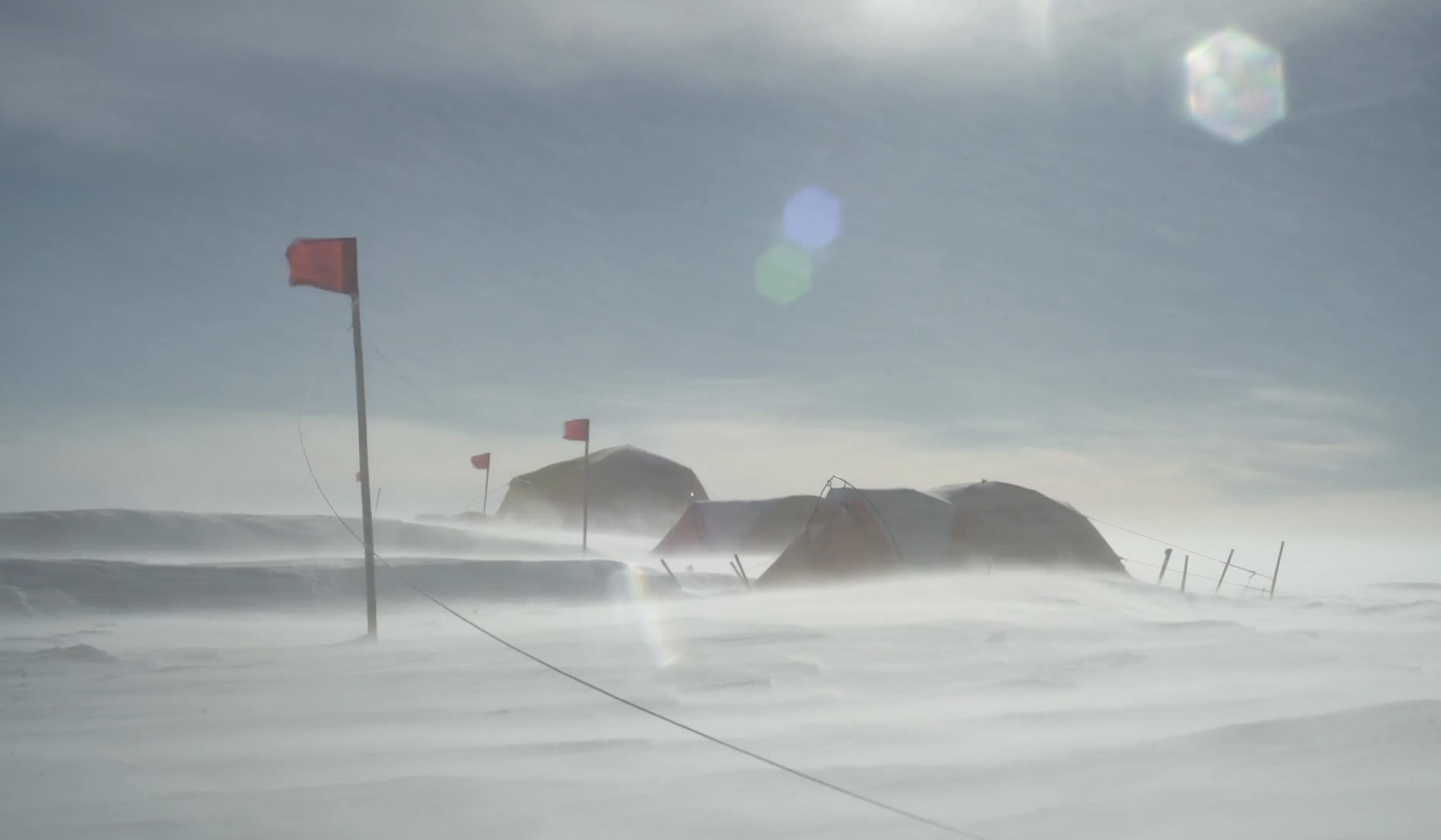
videoEarth science and climate
‘Ice has a memory’ – an Inuit poem contemplates scientific exploration of Greenland
28 minutes

videoFamily life
For Dulce, the rite of passage of learning to swim might soon be her means of survival
11 minutes

videoEcology and environmental sciences
The perpetual motion of life and sand on the ‘walking islands’ of the North Sea
8 minutes